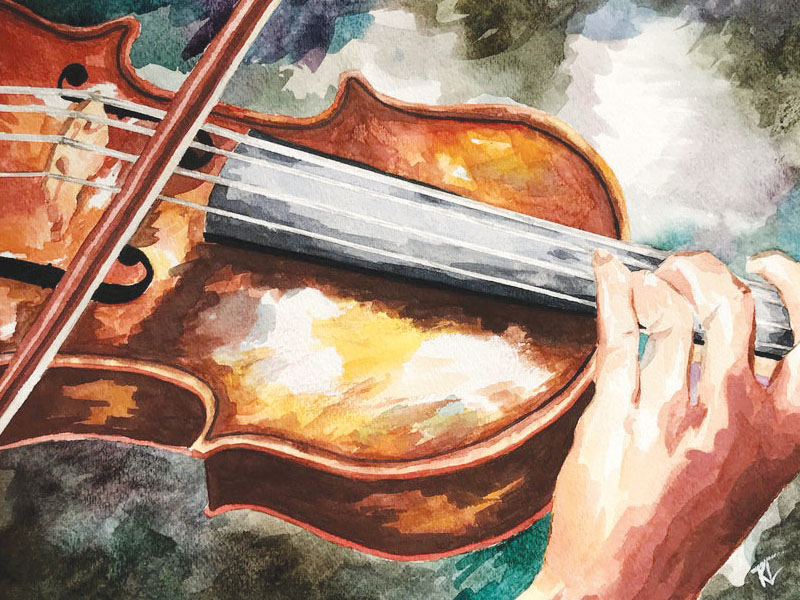Teaching Cello to Beginners in Tunisia: Reasons and Motivations A Critical Review
Issue 47

Qasim El-Baji, Tunisia
The musical education that focuses on the typology of instruments and their features should be taken seriously, since musical performance and vocal output contribute to the cultural significance of Tunisian society.
My study focuses on the function of the cello at the beginner's stage and its relationship with the musical environment, and takes a sociological perspective of the different stages (i.e. the process of selection, the training on the cello instrument, and reaching professionalism). The importance of this study lies in its focus on the field of music and how it discusses the figures and characteristics of different bands. I also pay attention in my study to the nature and method of selecting the study of the cello in Tunisia by different age groups.
Musical instruments of all types are tools of cultural expression and contribute significantly to human creativity. They also represent tangible evidence of the close relationship between science, creativity and art. Through this study I seek to highlight most of the factors and considerations related to training beginners on the cello in Tunisia.
Acquiring academic knowledge of the cello led to an obsession that made me pursue my studies in the musical value and function of the instrument.
It has been observed that the interruption of learning the cello by some learners (even if it is for personal reasons) has negatively affected the requirements of the consumer market of Tunisian music production, and affects the stability of the study of the cello. In this study I tried to determine the factors that affect those prone to not completing or interrupting their learning of the cello, and explore the criteria to successfully produce a professional cello player.
I have also explored the reasons behind Tunisian students’ reluctance to continue to learn the cello by scrutinizing the causes and effects on the educational and performing levels in the field of art.


































































